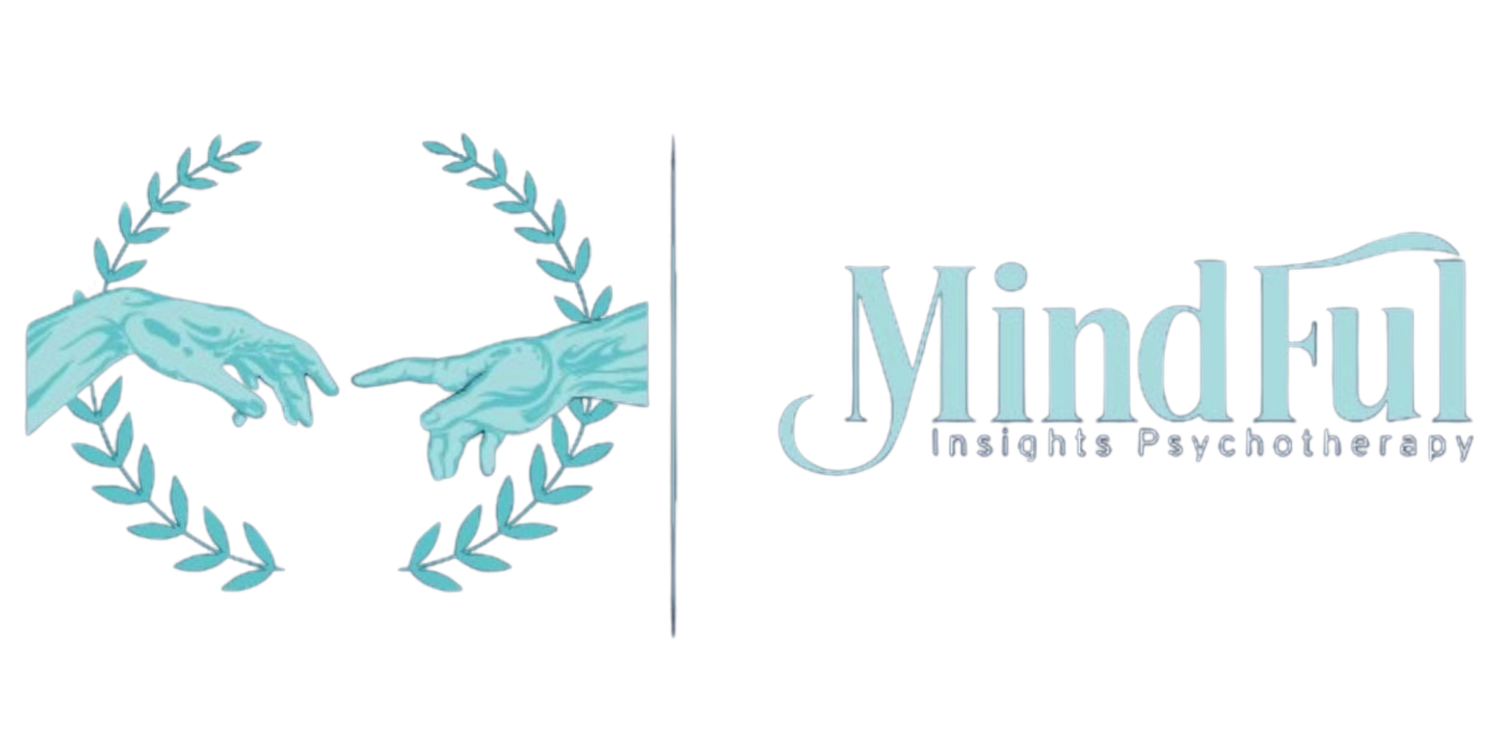Reconnecting with Your Inner Child: The Healing Power of ‘Getting Coffee with Your Younger Self’
At Mindful Insights Psychotherapy, we often introduce creative self-care exercises to encourage healing, self-compassion, and personal growth. One of the most powerful and reflective exercises we recommend is “Getting Coffee with Your Younger Self.”
This guided visualization and journaling practice helps individuals reconnect with past versions of themselves, offering comfort, wisdom, and validation to their inner child.
If you’ve ever wished you could go back in time and reassure your younger self, this exercise provides a gentle, therapeutic way to do just that.
What is “Getting Coffee with Your Younger Self”?
Imagine sitting across from your younger self at a coffee shop or a safe, familiar place.
🔹 Visualize them as they were at a significant time in your past—perhaps as a child, teenager, or during a difficult phase of life.
🔹 Engage in a conversation:
✔ What would you say?
✔ How would you comfort them?
✔ What wisdom would you share from your present self?
This transformative exercise allows you to:
✅ Reflect on past experiences with compassion
✅ Recognize patterns in emotions and behaviors
✅ Validate feelings that may have been ignored or dismissed
✅ Offer kindness and reassurance to your past self
By bridging the gap between your past and present, you strengthen self-awareness and emotional healing.
Why Is This Exercise Beneficial?
🔹 Encourages Self-Compassion
Most of us speak kindly to others but criticize ourselves harshly. This exercise helps shift that dynamic by allowing you to offer yourself the same warmth and encouragement you would give to a loved one.
🔹 Supports Emotional Healing
Unresolved emotions from the past often shape our present reactions and coping mechanisms.
🌀 By offering validation to your younger self, you can begin to heal old wounds and break free from negative thought patterns.
🔗 Explore how therapy can help with self-acceptance
🔹 Provides Perspective
Looking back, we often realize how much we’ve grown.
💡 This exercise highlights resilience, helping you feel grounded and empowered in the present.
🔹 Reduces Self-Judgment
People often carry guilt or shame about their past.
This conversation allows you to:
✔ Acknowledge past struggles without judgment
✔ Recognize that every version of you was doing their best
✔ Release self-blame and replace it with self-acceptance
🔗 Learn more about self-compassion in therapy
How to Practice ‘Getting Coffee with Your Younger Self’
💡 Step 1: Set the Scene
Find a quiet, comfortable space where you can focus.
🔹 Close your eyes and visualize your younger self sitting across from you.
🔹 Picture their expressions, emotions, and body language.
💡 Step 2: Start the Conversation
Gently ask:
✔ How are you feeling right now?
✔ What are you struggling with?
✔ What do you need to hear from me today?
💡 Step 3: Offer Words of Comfort
Think about what you wish someone had told you at that age.
✔ What encouragement can you give?
✔ How can you remind your younger self that they are safe and loved?
💡 Step 4: Journal About the Experience
After your visualization, write down:
📌 What emotions surfaced?
📌 What did your younger self need to hear?
📌 Any insights you gained from the experience.
💡 Step 5: Reflect & Repeat
You can revisit this exercise whenever needed, connecting with different life stages.
🔹 Over time, this practice builds resilience and inner peace.
🔗 Explore reflective journaling techniques
Final Thoughts: A Gift to Your Past and Present Self
Healing isn’t about forgetting the past—it’s about acknowledging it with kindness and recognizing how far you’ve come.
This simple yet powerful self-care practice can help you:
✔ Release emotional burdens
✔ Develop greater self-acceptance
✔ Move forward with confidence and peace
At Mindful Insights Psychotherapy, we encourage reflective practices that promote healing and growth.
🌿 Struggling with past wounds, self-criticism, or unresolved emotions? Therapy provides a safe and supportive space to explore these feelings.
📞 Ready to begin your journey toward healing?
🔗 Contact us today to start your path to self-compassion and emotional well-being.

